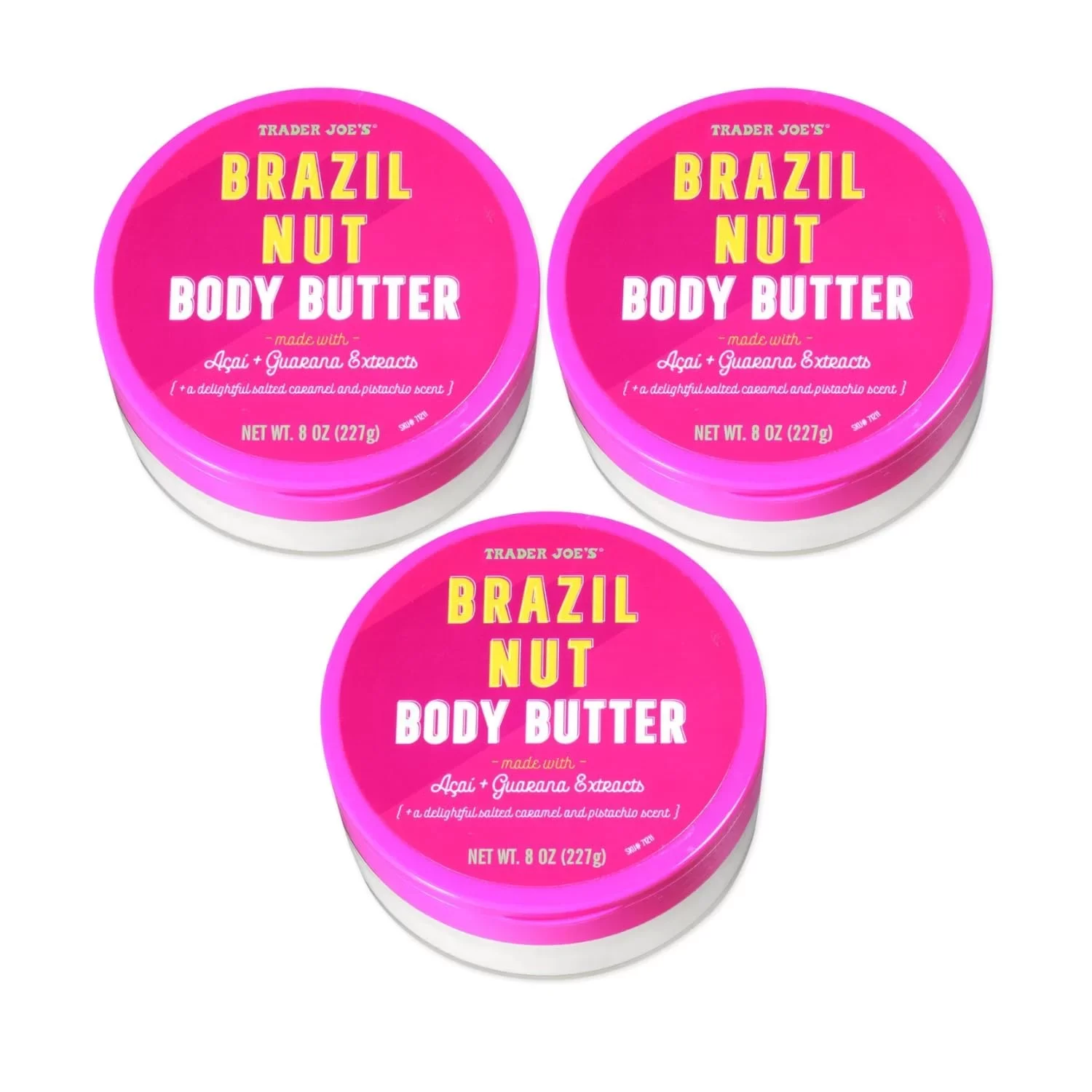
 By
Your Beauty Plug
By
Your Beauty Plug
Do you ever notice flakes of skin in your eyebrows? Do you feel like scratching your brows because they are dry and itchy? If you answered yes, you might have eyebrow dandruff.
Eyebrow dandruff is a common condition that affects many people. It can be caused by various factors, such as dry skin, seborrheic dermatitis, contact dermatitis, eczema, or psoriasis. Eyebrow dandruff can make you feel self-conscious and uncomfortable, but don’t worry, there are ways to treat it and prevent it from coming back.
In this blog post, we will share with you some tips on how to care for and manage dry skin in eyebrows. We will also answer some frequently asked questions about eyebrow dandruff and how to deal with it. Let’s get started!
Dry skin in eyebrows can have different causes, depending on your skin type, lifestyle, and environment. Here are some of the most common ones:
Now that you know the possible causes of dry skin in eyebrows, let’s see how you can get rid of it and restore your brows to their natural beauty. Here are some tips that you can follow:
Here are some of the most frequently asked questions about dry skin in eyebrows and their answers:
Dry skin in eyebrows is a common problem that can have various causes and treatments. The key is to identify the root cause of your dryness and address it accordingly. You should also take good care of your skin and brows by keeping them clean, moisturized, and protected. If you have any questions or concerns about your dry skin in eyebrows, you should consult your doctor or dermatologist for professional advice and guidance. We hope this blog post has been helpful and informative for you. Thank you for reading and stay tuned for more beauty tips and tricks!




